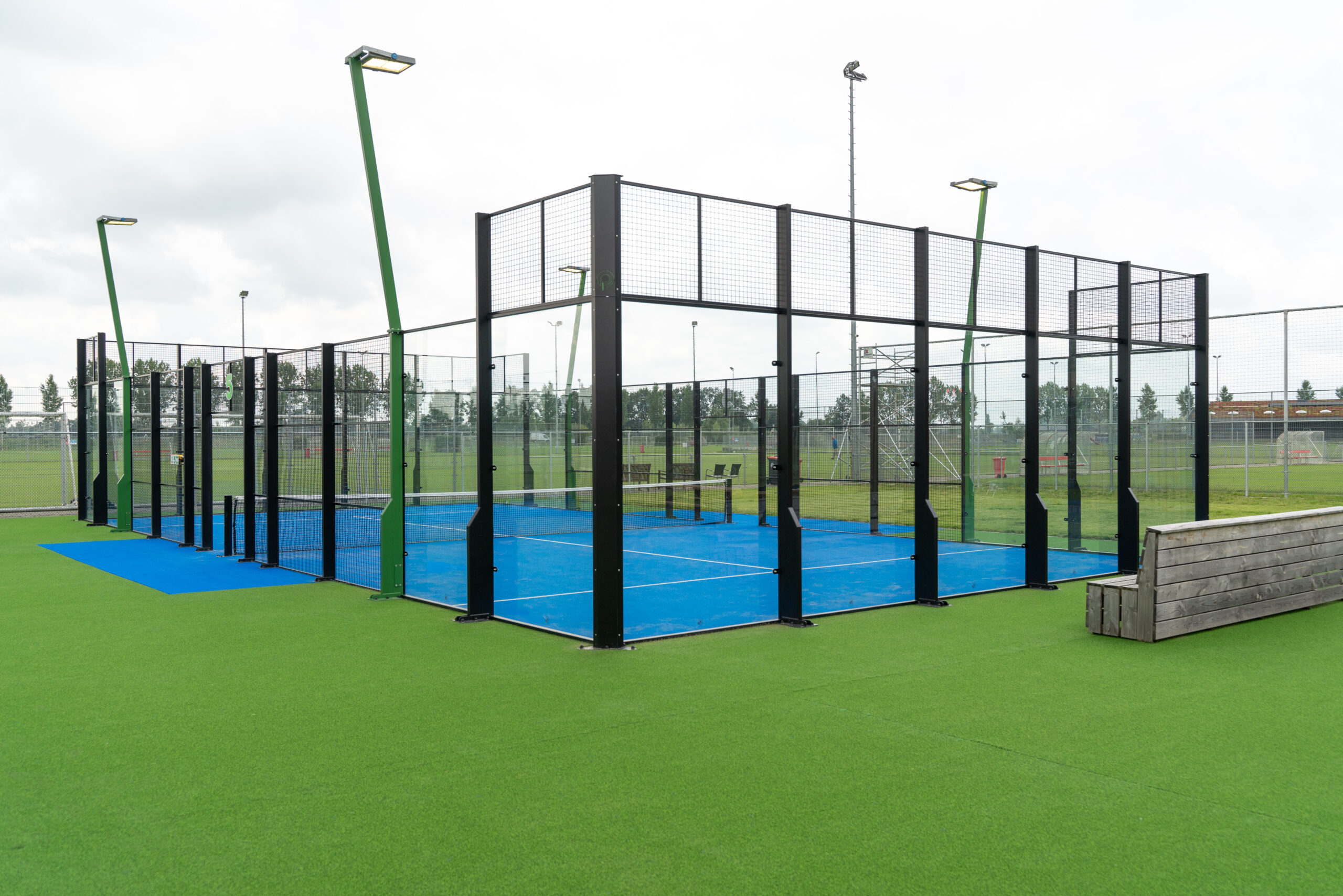Padel is a fast-growing sport that is gaining more popularity, thanks to its combination of fun, strategy, and accessibility. If you’re new to the world of padel, it is important to understand the rules of the game. In this article, we will explain the basic rules of padel, so you can be well-prepared to step onto the court.
Basic Rules of Padel
The Court
Padel is played on a rectangular court that is 20 meters long and 10 meters wide, surrounded by glass or wire walls. The court is divided by a net that is slightly lower than a tennis net. The walls are part of the game, which gives padel its unique dynamic character.Scoring
The scoring in padel is similar to tennis. A match is played in sets, with a set being won by the team that first wins six games, with at least a two-game difference. A game is scored as follows: 15, 30, 40, and game point. If the score reaches 40-40 (deuce), a team must win two consecutive points to win the game.The Serve
The serve in padel must always be underhand. The ball must bounce behind the service line and cannot be hit higher than the waist. It must then land diagonally in the opponent’s service box. Just like in tennis, the server has two attempts to serve the ball correctly. If the ball hits the net but lands in the correct box, the serve is retaken.Gameplay
After the serve, the game continues, and the ball can be returned in different ways. Players are allowed to let the ball bounce on the ground and against the walls before hitting it back. However, the ball can only bounce once on the ground before it must be returned. The ball must land directly or off the walls on the opponent’s side of the court.Scoring Points
A point is scored if:
– The ball bounces twice on the opponent’s court.
– The opponent hits the ball into the net.
– The ball lands outside the court lines.
– The opponent hits the ball directly against one of their own walls without the ball first hitting the ground.The Teams
Padel is usually played in doubles, with two teams of two players competing against each other. Communication and teamwork are essential in padel, as most points are scored through smart placement and collaboration.
Key Rules at a Glance
– Underhand serve.
– Scoring like tennis.
– The use of walls during the game.
– The ball can bounce a maximum of once on the court.
– The game is usually played in doubles.
Conclusion
Padel is a dynamic and accessible sport with simple rules, but it offers plenty of room for strategy and teamwork. Whether you’re a beginner or have experience in other racket sports, these rules will help you prepare to step onto the padel court. Padel provides a great mix of physical challenge and social play, making it an ideal sport for players of all levels.





